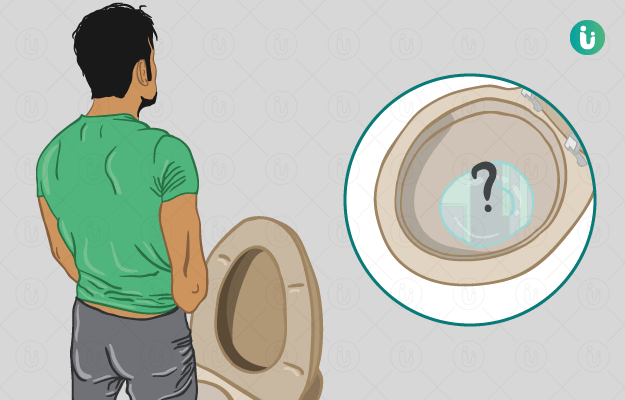Decreased urine output, or oliguria, is described as an output that is less than 500 ml per day among adults. Low urine output is considered to be a symptom of various health problems.
In mild cases, a lower than normal urine output could be a symptom of common issues such as dehydration or losing too many fluids in an ongoing illness.
Among the more serious complications or health concerns signalled by low urine output is a urinary tract obstruction, but there are several more reasons why it can occur in people.
While oliguria is the medical term for a decreased or reduced urine output, anuria is the term that is used when there is no urine output whatsoever.
The occurrence of such a symptom should be a reason to visit the doctor at the earliest, as it may be due to a health condition that could be serious.

 Doctors for Decreased urine output (oliguria)
Doctors for Decreased urine output (oliguria)  OTC Medicines for Decreased urine output (oliguria)
OTC Medicines for Decreased urine output (oliguria)



































